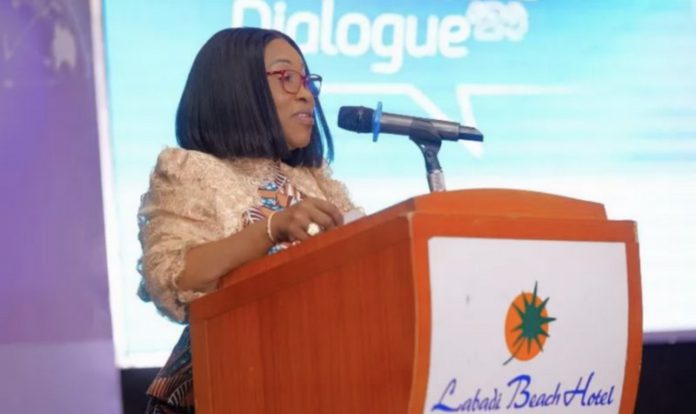Coastal states within the Gulf of Guinea region continue to grapple with peace and security challenges that adversely affect the well-being of their citizens.
Maritime insecurity and economic hardships are taking a significant toll on the populations of countries within the Gulf of Guinea Commission (GGC).
During the 13th Ordinary Session of the Council of Ministers of the Commission in Accra, Ghana’s Foreign Affairs Minister urged her fellow ministers from member countries to enhance their capacity to address these critical issues.
She stressed the urgent need to re-evaluate their strategies and develop innovative approaches to effectively manage the evolving threats facing their countries.
“We must be interested in the capacity of the GGC to provide policy and strategic guidance in dealing with the genuine concerns of Member States ranging from Illegal, Unregulated and Unreported (IUU) fishing, maritime terrorism, increasing incidence of smuggling, oil theft, pipeline vandalism, and trafficking that continue to pose significant threat to the security and economic well-being of countries that depends on the Gulf of Guinea region,” she stated.
“With the expectation of results that will guarantee the desired outcome of protecting this very important maritime domain for shared collective good of all stakeholders, we cannot operate with a “business as usual” approach,” Ayorkor Botchwey added on Monday, August 5, 2024.
Despite the progress made by members of the Commission, there are shortfalls that need to be resolved.
Discussions over the period have included strategies that will reinforce existing frameworks towards conflict resolution and exploitation of natural resources within territorial boundaries.
“The theme for the 6th Ordinary Assembly, “Building a Safe and Prosperous Gulf of Guinea for Sustainable Development”, is a reminder to us about the enormity of work to be done to surmount the challenges confronting our coasts towards achieving the peaceful and prosperous Gulf of Guinea we desire.’
“The imperative for protection of navigation routes and the Blue Economy resources can only be achieved in an atmosphere of peace and promotion of harmonious coordination of efforts and consensus building,” Shirley Ayorkor Botchwey further highlighted.
According to her, the ability to overcome these difficulties require “collective efforts” and frequent interactions that should not be limited to the ordinary or extraordinary sessions.
She contended that “all effort must, therefore, be employed to strengthen peace and security in the geopolitical Gulf of Guinea region in order to promote a vibrant and sustainable blue economy.”
The Executive Secretary of the Gulf of Guinea Commission, Jose Mba Abeso, was confident that the recommendations made at the meeting would help to develop the geopolitical region.
“I wish to acknowledge the experts for the depth and quality of their discussions, which have led us to a mutual understanding of the principal challenges facing the Region and the solutions that need to be applied.”
“I am confident that the recommendations outlined in their report will be met with a receptive audience in the Council and will receive the utmost consideration,” he said while addressing the gathering.
The 13th Ordinary Session of the Council of Ministers of the GGC preceded the sixth ordinary session of the Heads of State and Government of the Gulf of Guinea Commission, which will also be hosted in Accra.
ALSO READ:


